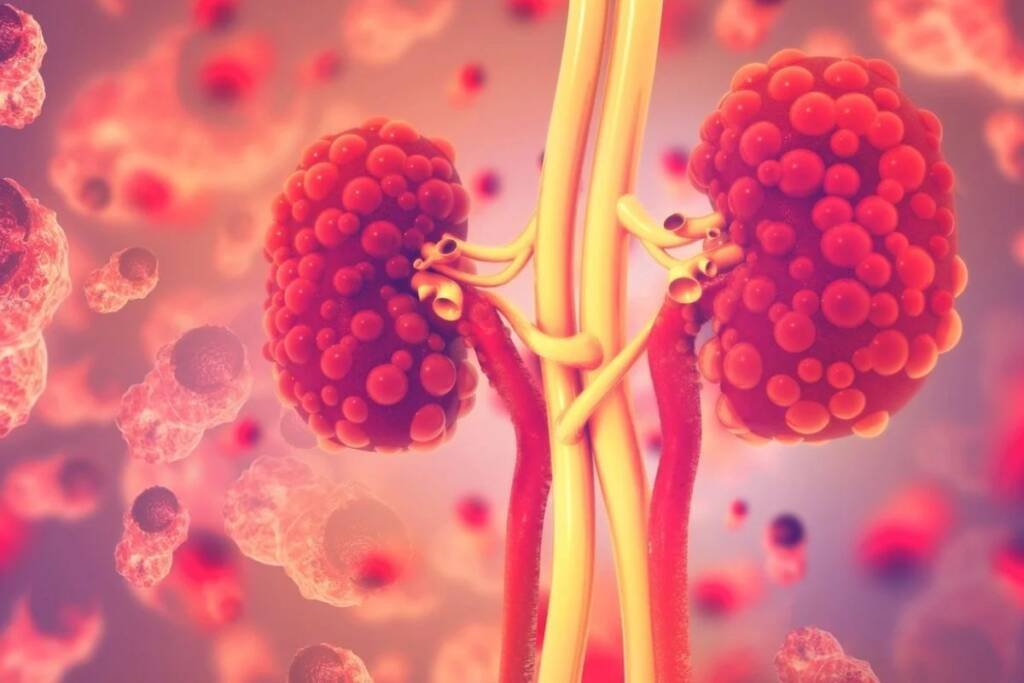How AstraZeneca’s Research Shows the Need for Improved Screening Methods to Tackle Low Diagnosis Rates for Kidney Disease
AstraZeneca, the manufacturer of the widely used diabetes medication Farxiga, is urging increased efforts to identify individuals with chronic kidney disease (CKD). The pharmaceutical company has referenced recent real-world evidence indicating that the prevalence of undiagnosed moderate CKD, specifically stage 3, ranges from 85% to 97% in Australia, Brazil, Canada, and Spain. These findings were presented at the Milan, Italy’s European Renal Association 2023 Congress.
Kidney disease is a significant global health concern, affecting millions worldwide. However, low diagnosis rates for kidney disease have hindered timely interventions and treatments for patients. AstraZeneca, a leading pharmaceutical company, has researched this issue, highlighting the urgent need for better screening methods. Kidney disease, or renal disease, occurs when the kidneys’ function is impaired, leading to various complications. The kidneys are crucial in filtering waste products, maintaining electrolyte balance, and producing hormones essential for red blood cell production and bone health.
The low diagnosis rates for kidney disease pose significant challenges. Often, the disease remains undiagnosed until it reaches an advanced stage. This delay in diagnosis leads to disease progression, increased healthcare costs, and reduced quality of life for patients. AstraZeneca’s research findings reveal alarming statistics regarding underdiagnosis, emphasizing the need for improved screening methods to identify kidney disease at earlier stages.
Several factors contribute to the low diagnosis rates for kidney disease. One major factor is the lack of routine screenings, especially among individuals without apparent symptoms or risk factors. Kidney disease often presents subtle signs in the early stages, making it challenging to detect without specific tests. Limited awareness among the general population and some healthcare providers hinders early diagnosis.
To address the issue of low diagnosis rates for kidney disease, AstraZeneca proposes innovative screening approaches. They advocate for the development of cost-effective and non-invasive diagnostic tools that can be easily integrated into routine healthcare practices. These tools should be accessible, accurate, and capable of detecting kidney disease even in its early stages. AstraZeneca also emphasizes the importance of education and awareness initiatives targeted at healthcare providers and the general population. By equipping healthcare providers with the necessary knowledge and tools, they can better identify and manage patients at risk of kidney disease. Similarly, educating individuals about the signs, symptoms, and risk factors of kidney disease can empower them to seek timely medical attention and participate in preventive measures.
“These new real-world evidence presented at ERA 2023 build on existing research to paint a stark picture: chronic kidney disease is a global public health emergency that needs to be tackled immediately.”
– Ruud Dobber, Ph.D., executive vice president of the biopharmaceuticals business unit at AstraZeneca
Improving low diagnosis rates for kidney disease requires collaboration among healthcare organizations, advocacy groups, policymakers, and pharmaceutical companies like AstraZeneca. By pooling resources, sharing expertise, and supporting research endeavors, these stakeholders can work together to develop comprehensive strategies that promote early detection, efficient management, and improved patient outcomes. The fight against kidney disease requires a collective effort from all stakeholders involved.
In conclusion, low diagnosis rates for kidney disease pose a significant challenge to public health. AstraZeneca’s research highlights the need for better screening methods and emphasizes the importance of education and collaboration. By prioritizing education, developing innovative diagnostic tools, and fostering collaboration, we can make significant strides in improving low diagnosis rates for kidney disease, ensuring timely interventions, and enhancing the quality of life for patients living with kidney disease. It is crucial for healthcare providers, policymakers, and the pharmaceutical industry to unite and address this pressing global health concern. Together, we can make a difference in the battle against kidney disease.





























